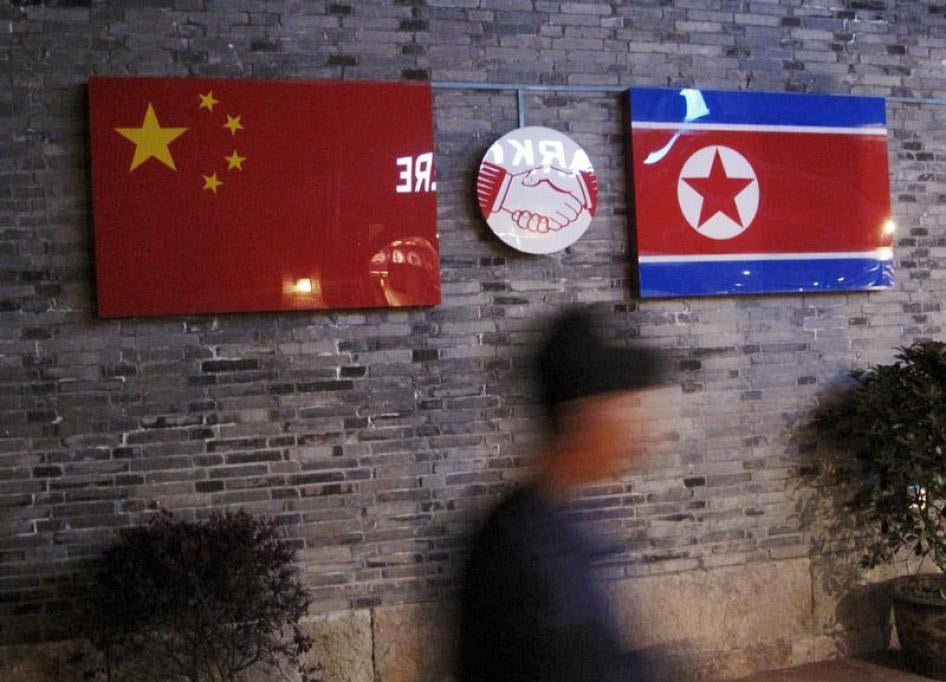Thae Yong-ho, one of the most senior North Korean officials known to have defected from the brutal dictatorship, stated this week what has long been surmised: “Senior officials know that this system can’t continue.”
But senior officials in China seem unwilling to confront this reality.
Indeed, in December 2016, when the United Nations General Assembly adopted a consensus resolution condemning rampant and well-documented human rights violations in North Korea, China dissociated itself from that consensus. It again opposed “pressure and country-specific resolutions,” and again repeated a nakedly disingenuous call for “dialogue,” knowing full well Pyongyang has consistently refused to engage on rights issues with the UN Security Council, or even with the UN special rapporteur on human rights in North Korea.
Beijing also shows little if any interest in “dialogue” with North Koreans fleeing persecution and oppression. Those who manage to escape to China are highly vulnerable to being detained and forcibly returned to face torture and other serious abuses. Chinese authorities refuse to allow representatives of the UN High Commissioner for Refugees access to North Koreans seeking asylum, denying them critically important protection as refugees. North Koreans who remain in China have little hope of gaining any sort of status there, even if they marry Chinese citizens.
No other government has done more to enable Pyongyang’s abuses than China. Fearing a collapse of the North Korean government that might bring a unified, democratic Korea to China’s borders, Beijing has long argued for the status quo. It has made it clear at the Security Council that it would veto any effort at international accountability through referring the situation in North Korea to the International Criminal Court. It has refused to cooperate with the investigations by the UN Commission of Inquiry into gross human rights violations in North Korea. China has supported some economic sanctions on North Korea, but not to the extent that Pyongyang’s ability to inflict harm on its people is significantly undermined.
And all the while, ordinary North Koreans continue to endure horrific human rights violations – murder, rape and sexual violence, torture, arbitrary detention, and starvation – with little hope the government officials responsible will be held accountable. They too would presumably like to engage in a human rights dialogue: one that forces both North Korean and Chinese leaders to answer for decades of indifference to their plight.
Dialogue with North Korea on human rights remains a pipe dream, designed to mask Beijing’s preferred status quo. But even senior officials in Pyongyang know that the government’s repression cannot continue indefinitely. Beijing would do well to face that reality.








